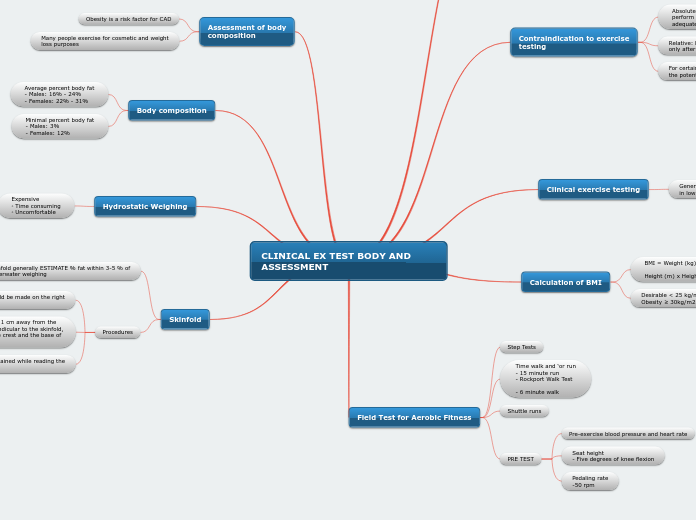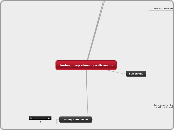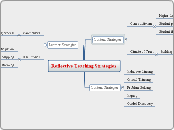arabera Ahmad Hakim 3 years ago
292
CLINICAL EX TEST BODY AND ASSESSMENT
Clinical exercise testing evaluates an individual's fitness and cardiovascular health through various protocols and measurements. Significant indicators for halting an exercise test include a notable drop in systolic blood pressure, the onset of angina, or an excessive rise in blood pressure.









